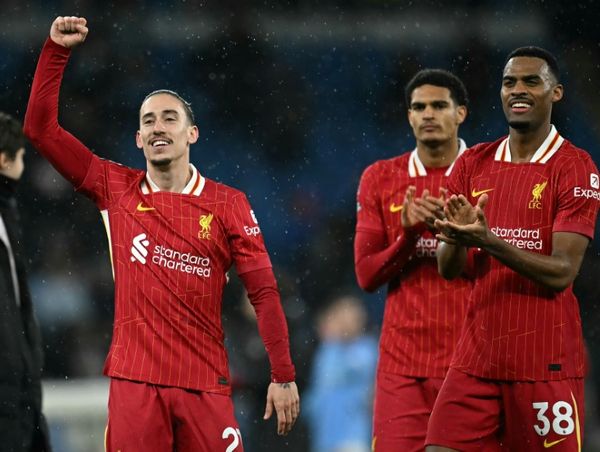
Global oil prices moved higher Monday after OPEC leaders, as well as key allies including Russia, agreed to maintain their program of production cuts until at least the end of next year.
The cartel, which concluded a virtual meeting late Sunday, made no changes to their October agreement, which pulled 2 million barrels from the market each day amid worries over global demand linked to recession risks.
The moves followed a late Friday decision by the leaders of the G-7, along with Australia, to agree a cap on the price of seaborne Russian crude at $60 a barrel -- some $5 to $10 lower than earlier reports -- as countries attempt to limit oil-related revenues flowing into Moscow and funding its near year-long invasion of Ukraine.
Russia has said it will not export crude to markets that are subject to the $60 price cap, with Deputy Prime Minister Alexander Novak vowing to sell products "only to those countries that will work with us under market conditions, even if we have to reduce production a little".
Added support from optimism linked to China's moderately improving Covid situation, which could stoke demand in the world's biggest energy market.
"Despite no change in OPEC+ policy and the high level of the price cap, oil prices have been well supported so far in trading today," said ING's head of commodities strategy Warren Patterson.
"A further relaxation in China’s Covid restrictions has proven supportive (but) the latest market positioning data shows that speculators continued to reduce their net long in ICE Brent over the last reporting week," he added. "This is the smallest net long speculators have held since November 2020 and reflects growing demand concerns."
Brent crude futures for February8.12 per barrel. WTI contracts for January, which are tightly-linked to U.S. gasoline prices, were marked $2.37 higher at $82.35 per barrel.







